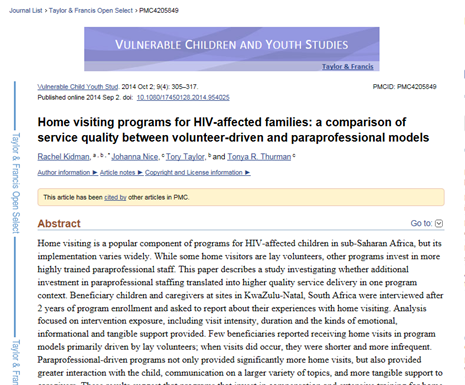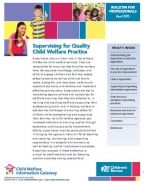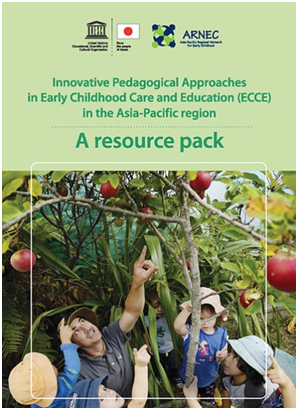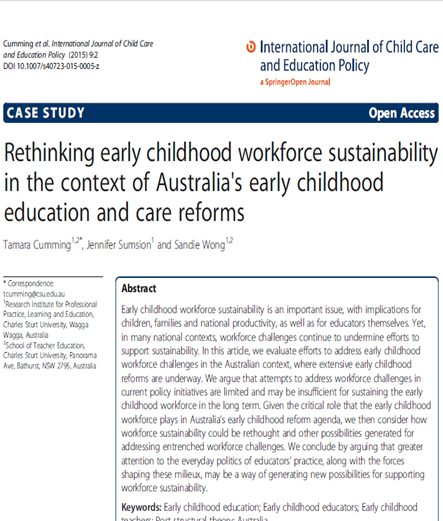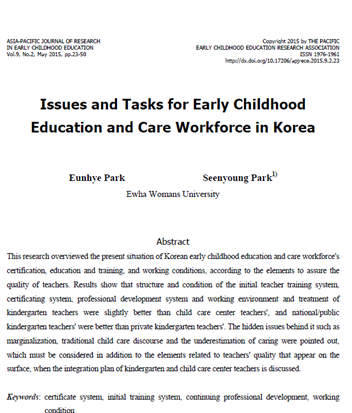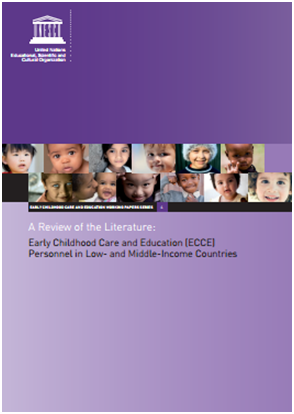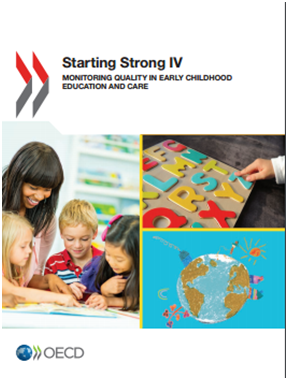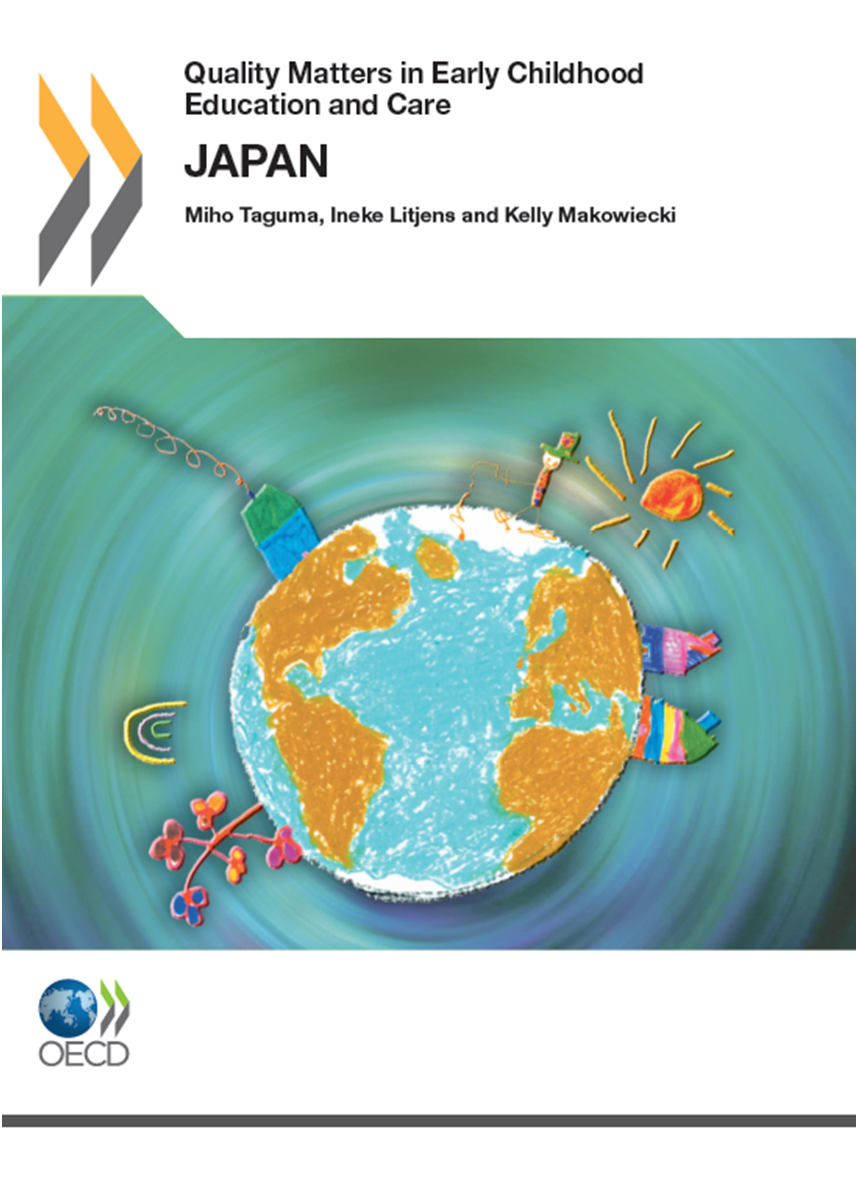Summary:
Early Years Workforce Strategy is the early childhood education and care workforce strategy for Australia from 2012 through 2016. It sets out a vision agreed upon by Australian governments, which aims to build and support the early childhood education and care profession. The strategy aims to guide governments, as well as the sector as a whole, to: deliver a sustainable, highly qualified and professional workforce; foster a flexible and responsive workforce capable of identifying and delivering services in response to the needs of children and families; and support ECEC staff to work in a more integrated way with the broader early childhood development (ECD) workforce including the range of professionals that work with children and their families across health and family services. The following five priority areas have been identified as essential components of achieving a sustainable and highly qualified ECEC workforce: 1) a professional workforce; 2) a growing workforce; 3) a qualified workforce; 4) a responsive workforce; and 5) a collaborative workforce.
The strategy which builds on 2009’s Investing in the Early Years –A National Early Childhood Development Strategy, reflects a commitment by governments to address the immediate priorities for the ECEC workforce, and at the same time working towards a long-term broader strategy for the workforce with a focus on supporting more integrated ways of working across the ECD sector.
Commissioned By:
Standing Council on School Education and Early Childhood
Year of Publication:
2012
